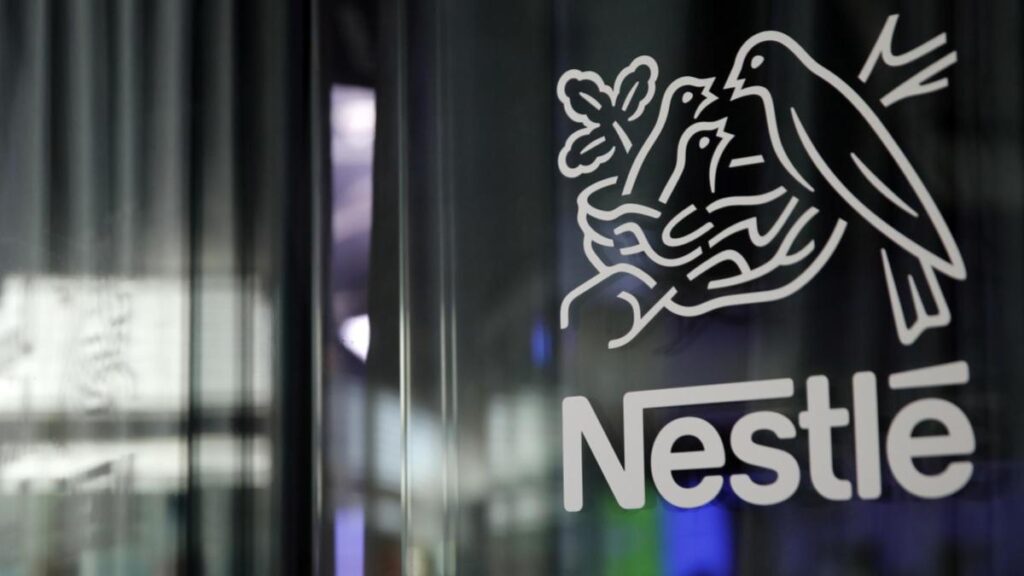A recent report by Public Eye found high levels of added sugar and honey in Nestle’s baby food brands, Cerelac and Nido. These products target children aged six months to two years, mainly in low and middle-income countries, contradicting global health guidelines.
also read: 28 Google workers fired for objecting to agreement with Israel
FSSAI Investigation and Nestle’s Response: The Cerelac Controversy
In India, Cerelac sales exceeded $250 million in 2022, with all baby cereals containing nearly 3 grams of added sugar per serving. The Food Safety and Standards Authority of India (FSSAI) launched an investigation into Nestle’s Cerelac products.
Nestle India defended its products, emphasizing nutritional quality and ingredient integrity. They claimed to have reduced added sugars by up to 30% over the past five years in their infant cereals, promising further innovation without compromising quality or taste.
also read: US official reacts to Elon Musk’ remark on India’s permanent UNSC seat
Amidst the controversy, concerns remain about the potential health impacts of high sugar content in infant diets. The World Health Organization advises limiting added sugars in children’s diets to prevent future health issues. This scrutiny highlights broader questions about corporate responsibility, regulatory oversight, and the necessity for transparent nutritional standards to protect vulnerable populations, particularly in regions with limited access to nutritious alternatives.











More Stories
Box Office Collection: वीकेंड खत्म होते ही ‘भूल चूक माफ’ की कमाई में भारी गिरावट, जानें बाकी फिल्मों का भी हाल
Norway Chess: नॉर्वे शतरंज टूर्नामेंट में विश्व चैंपियन गुकेश ने कार्लसन को हराया, पिछली हार का भी लिया बदला
‘टॉम क्रूज़ का स्टंट डबल?’ – फिल्मी अंदाज़ में ब्रिज हादसे से बचा शख्स, इंटरनेट दंग